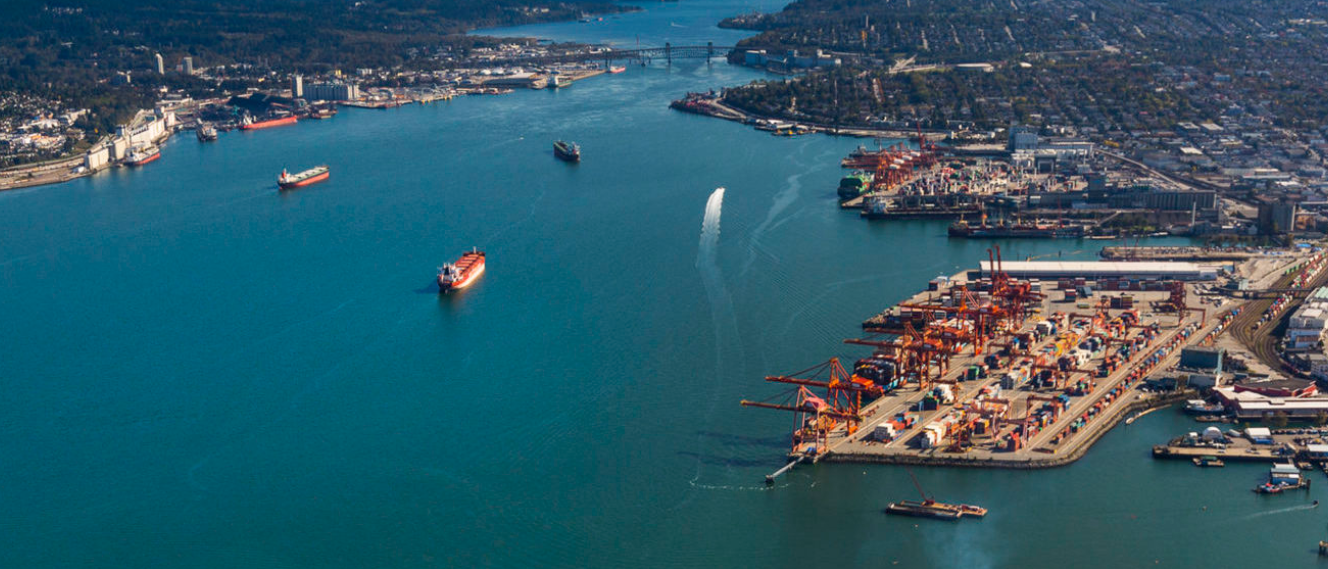
As negotiations between employers and the longshore union at British Columbia ports hit an impasse, concerns about disruptions to Canada’s supply chain escalate. The standoff between the BC Maritime Employers Association (BCMEA) and Local 514 of the International Longshore & Warehouse Union Canada has raised alarms over potential ramifications for trade and logistics.
Representing about 730 ship and dock forepersons, Local 514 has obtained the right to strike, heightening tensions in the labor dispute. With the BCMEA possessing the authority to lock out forepersons, the stage is set for a potential showdown that could further exacerbate supply chain challenges.
The BCMEA contends that their latest offer, which includes a compounded wage increase of 19.2% over four years, is generous. However, union leaders accuse the employers of bad-faith bargaining, amplifying the deadlock. Despite efforts to bridge the gap, the expiration of a 21-day cooling-off period without resolution underscores the entrenched nature of the dispute.
Veteran mediator Vince Ready has been appointed to head an industrial inquiry commission, signaling the government’s commitment to facilitating dialogue. However, Federal Labour Minister Seamus O’Regan has expressed reluctance to intervene directly, preferring to allow the bargaining process to unfold organically.
Amidst the standoff, concerns about potential disruptions to Canada’s supply chain and global trade reputation loom large. Last year’s strike by the ILWU members caused significant upheaval, disrupting cargo shipments and impacting industries reliant on timely logistics operations.
The implications of the current deadlock extend beyond immediate economic concerns, with stakeholders across various sectors bracing for potential disruptions. As negotiations remain deadlocked, the urgency of finding a resolution becomes increasingly apparent, with the broader economy poised to bear the brunt of any prolonged standoff.
As the situation unfolds, all eyes are on British Columbia’s ports, with the hope that constructive dialogue and compromise will prevail, averting a crisis that could have far-reaching consequences for Canada’s trade landscape.
Source:The Globe and mail

